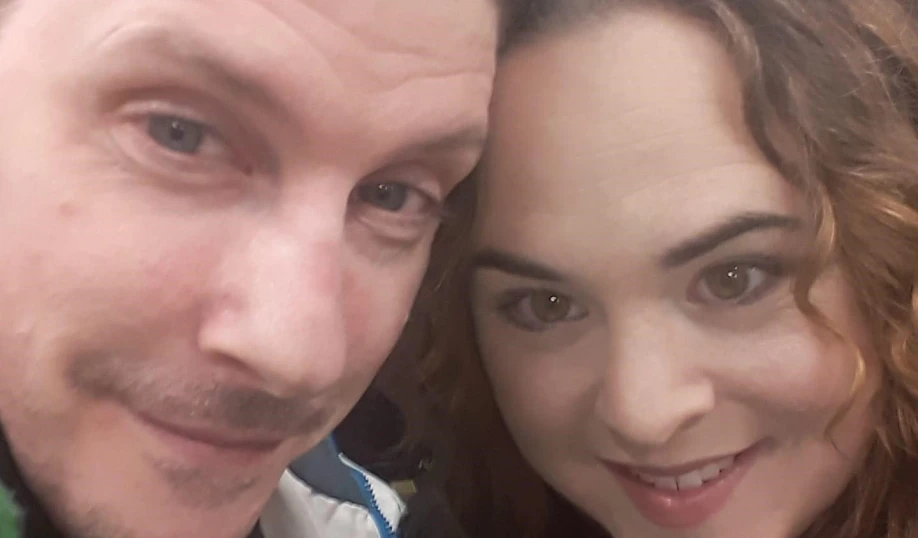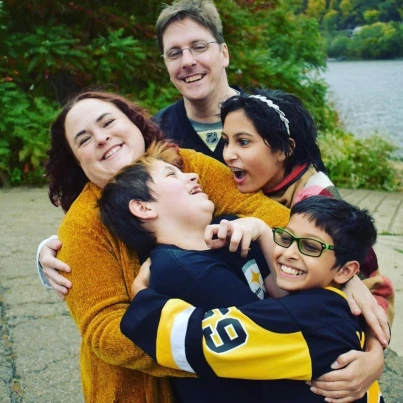
Making Memories that Matter
Lisa Shaw had to drop out of college when her son was born, and most of her working life has been as a nanny and an administrative assistant. But she has an aspiration: to get a nursing degree and become a lactation consultant, which would give her flexible hours. After that, she wants to get a master’s degree so she can teach online.
She will do this despite the caregiving responsibilities she has for her husband, Coban, who suffered brain injuries during an explosion in Iraq.
“The Pillars of Strength Scholarship is a lifeline right now,” she said. “I was determined to go back to school but, with this scholarship, I can do it without fear of burning out.”
Coban was married to someone else when he was deployed to Iraq in 2006 during President George W. Bush’s surge aimed at turning the war around. As a combat engineer, still new to the Army, he was assigned to go from village to village, securing them. That meant dismantling or blowing up any explosives left by the enemy. He was traveling in an armored vehicle when an IED exploded. The blast threw him from the vehicle.
“He woke up in a daze, and they evacuated him,” Lisa said. “But they didn’t send him to a military hospital because he did not have any visible wounds. His traumatic brain injury went undetected, which is about the worst thing you can do for it.”

After a day’s rest, Coban went back to the field. However, he exhibited strange behaviors, such as heading out with his gun but forgetting the ammunition. It wasn’t until he underwent a thorough medical examination after finally returning home that the extent of the damage became clear.
“Basically, he had many injuries to his brain and the frontal lobe area, which controls his emotions, his executive function,” Lisa said. “So, if they told him to do something, he would remember part of it but not all of it, or he would go to do something and he would forget to do part of it.”
The injuries changed his personality too much for his wife to handle. As his condition deteriorated, he was no longer capable of pursuing his plan to get a degree while helping with their two children. Overwhelmed, his wife left.
Lisa, who had suffered greatly during her upbringing, was a single mother at the time, with a child about the same age as one of Coban’s. She and Coban knew one another through home-schooling during high school, and they reconnected in 2016. They were married a year later.
“I loved his patience and strength of character,” she said. “I have been caring for him for three years now, and I adore him.”
Apart from the many complications from the traumatic brain Injury and post-traumatic stress disorder (PTSD), Coban has lung damage from exposure to burn pits where the military incinerated often-toxic materials. He also suffers from temporary periodic paralysis, a condition that can leave him immobile from the neck down.
“He has been so weak when he is paralyzed that he has had trouble breathing,” Lisa said. “His anxiety level goes up when I am not there. He worries about collapsing when he is going to help the kids or go to the bathroom. He can’t cook because he will forget to turn off the stove.”
One day she came home from work to find him paralyzed on the bed, almost asphyxiating on his own vomit. Their children were playing outside and unaware of what had happened.
“I never know when his disabilities will worsen and we will be without a husband and father,” Lisa said. The prognosis is that Coban’s traumatic brain injury will lead to early onset dementia. Before that happens, Lisa is determined to create good family memories for the children.